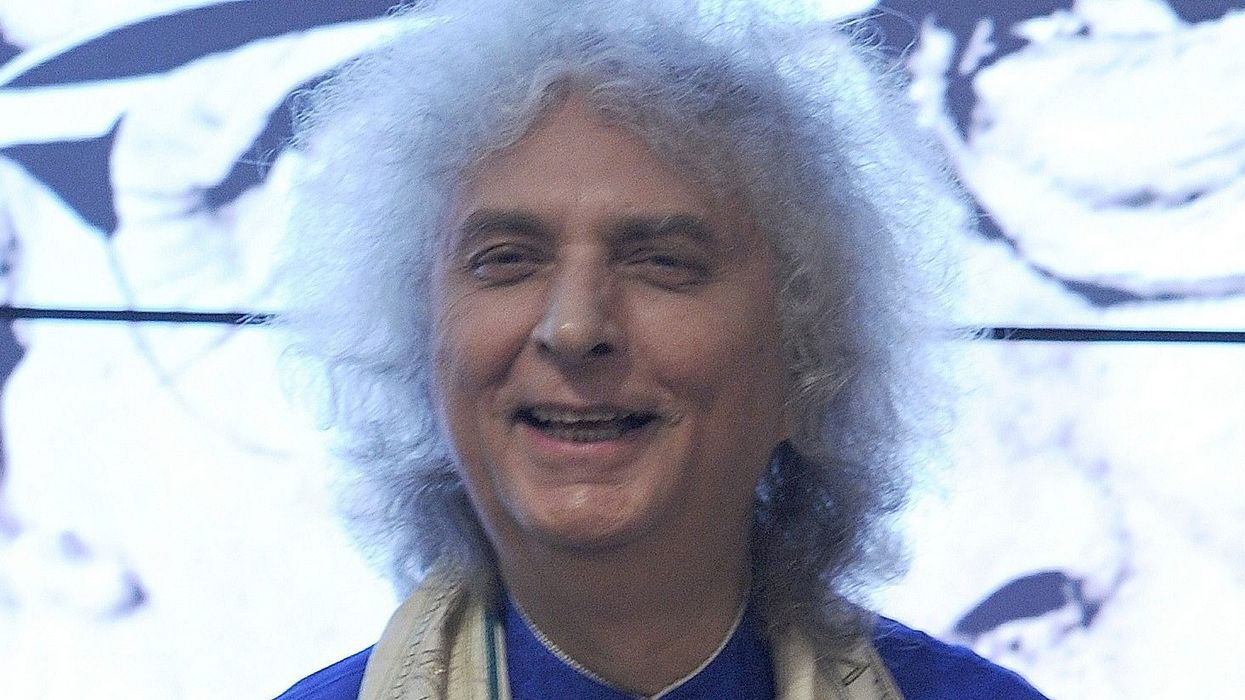Santoor maestro and co-composer of several memorable Bollywood film songs for the late filmmaker Yash Chopra, Pandit Shivkumar Sharma passed away on Tuesday in Mumbai. He was 84.
Reportedly, he had been suffering from kidney-related issues for the last six months and was on dialysis. He died due to cardiac arrest, say reports.
Born in Jammu, Northern India, Sharma became an exponent of the classical instrument santoor. Already well known in Hindustani music circles, he shot to international prominence in 1967 when he recorded the album “Call of the Valley” alongside his long-time collaborator flutist Hariprasad Chaurasia and guitarist Brij Bhushan Kabra for EMI.
Sharma and Chaurasia also composed several Bollywood film soundtracks for celebrated filmmaker Yash Chopra. Their collaboration started with the Amitabh Bachchan, Jaya Bachchan, Shashi Kapoor, and Rekha starrer Silsila (1981).
Under the screen credit Shiv-Hari, they composed seven more soundtracks for Chopra including Faasle (1985). Vijay (1988) Chandni (1989) Lamhe (1991) Parampara (1993) and Darr (1993), which was a breakthrough film for Bollywood superstar Shah Rukh Khan.
The Shiv-Hari duo bagged nominations for the prestigious Filmfare award in the music category for Silsila, Chandni, Lamhe, and Darr.
Sharma was awarded the Sangeet Natak Akademi Award in 1986, the Padma Shri in 1991, and the Padma Vibhushan in 2001.
He is survived by his wife Manorama Sharma and sons Rahul and Rohit Sharma.




